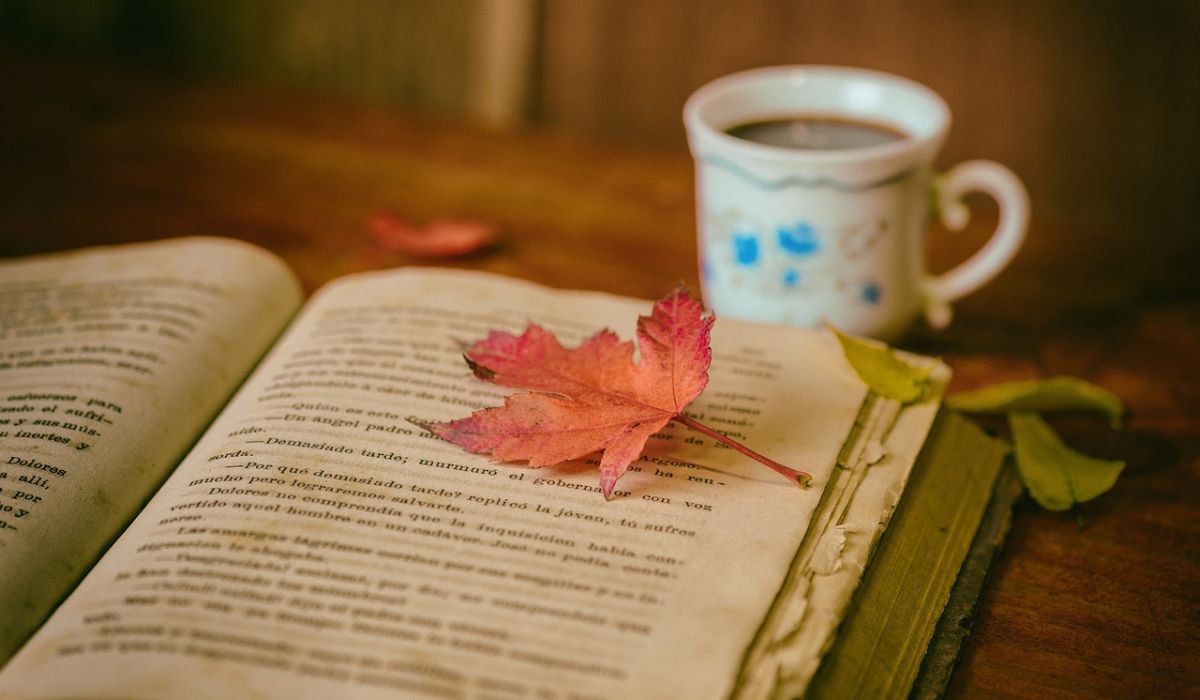Answer to Crossword Clue: “Put in an Overhead Bin” (4 Letters)
When you’re deep into solving a crossword puzzle, every clue and every letter counts. One common clue that often appears in puzzles is “Put in an overhead bin,” which requires a four-letter answer. The solution to this clue is “STOW.” In this article, we’ll delve into the meaning and usage of “stow,” provide context for its use, and explore some interesting facts related to the term.
Meaning and Usage of “Stow”
The verb “stow” means to store or pack something carefully in a designated place. It is often used in contexts involving travel, storage, and organization. In the context of the crossword clue “Put in an overhead bin,” “stow” specifically refers to the action of placing luggage or belongings in the overhead compartment of an airplane. This usage is common in travel-related scenarios and is a part of standard airplane boarding procedures.
Contextual Examples of “Stow”
Understanding the usage of “stow” can be made clearer with examples. Here are a few sentences illustrating how the word can be used in different contexts:
- Travel: “Passengers are requested to stow their carry-on bags in the overhead bin or under the seat in front of them.”
- Nautical: “The sailors stowed the cargo securely below deck before setting sail.”
- Household: “She stowed the winter clothes in the attic until the next season.”
In each of these examples, “stow” conveys the idea of placing items in a secure and organized manner.
Etymology of “Stow”
The word “stow” has an interesting etymology that traces back to Old English. The term is derived from the Old English word “stōw,” which means “a place.” This origin is fitting, as “stow” in modern usage still retains the sense of placing something in a specific location.
Related Words and Synonyms
In addition to “stow,” there are several other words and phrases that convey a similar meaning. Here are a few synonyms:
- Store
- Pack
- Tuck away
- Put away
- Secure
Each of these synonyms can be used interchangeably in various contexts, though “stow” often carries a connotation of careful and organized placement, especially in travel and nautical settings.
Julian Randolph Stow: An Irrelevant Connection
While researching the word “stow,” you might come across Julian Randolph Stow, an Australian writer known for his novels and poetry. It’s important to note that this reference is unrelated to the crossword clue. However, it’s an interesting coincidence that his surname aligns with the word “stow.”
Crossword Puzzle Solving Tips
Solving crossword puzzles requires a blend of vocabulary knowledge, pattern recognition, and lateral thinking. Here are some tips to enhance your crossword-solving skills:
- Start with Easy Clues: Begin by filling in the answers you are confident about. This creates a framework that can help with solving the more challenging clues.
- Look for Common Letters: Pay attention to frequently used letters in the English language, such as vowels (A, E, I, O, U) and common consonants (R, S, T, L, N).
- Use Crossword Dictionaries: There are several online tools and apps designed to assist with crossword puzzles. These can be particularly helpful for tough clues.
- Consider the Theme: Many crosswords have a theme that can provide hints for solving the clues. Identifying the theme early can guide you towards the correct answers.
- Think Flexibly: Sometimes, clues can be tricky and require thinking outside the box. Consider different meanings and wordplays that might be in use.
The Importance of Crossword Puzzles
Crossword puzzles are not just a form of entertainment; they also offer several cognitive benefits:
- Vocabulary Expansion: Regularly solving crosswords can introduce you to new words and their meanings.
- Improved Memory: The process of recalling words and their spellings strengthens memory and cognitive functions.
- Problem-Solving Skills: Crosswords require critical thinking and pattern recognition, which can enhance problem-solving abilities.
- Stress Relief: Engaging in a crossword puzzle can be a relaxing activity, providing a mental break from daily stresses.
Creating Your Own Crossword Puzzle
Creating a crossword puzzle can be a fun and challenging activity. Here’s a simple guide to get you started:
- Choose a Theme: Decide on a central theme for your crossword puzzle. This could be anything from travel to literature.
- Create a Grid: Design a grid on graph paper or use an online crossword maker. Ensure it has a balanced mix of black and white squares.
- List Words and Clues: Compile a list of words related to your theme and write corresponding clues. Ensure the words fit within the grid layout.
- Fill the Grid: Start placing the words in the grid. Make sure they intersect properly, leaving no blank squares unaccounted for.
- Write the Final Clues: Refine the clues to make them challenging yet solvable. Consider incorporating wordplays and puns for added difficulty.
Popular Crossword Puzzle Sources
For those who love solving crosswords, here are some popular sources:
- The New York Times Crossword: Known for its daily puzzles, this is one of the most prestigious and widely recognized crossword sources.
- The Guardian Crossword: Offers a range of crosswords from quick to cryptic, catering to different skill levels.
- Crossword Compiler: An online tool that allows you to create and solve crosswords with ease.
- Puzzazz: An app that offers a variety of puzzles, including crosswords, sudoku, and more.
YOU MAY ALSO LIKE
Bowtie Snake Debunked: A Look at Patterned Snakes
Conclusion
The word “stow,” meaning to store or pack something carefully, is the perfect answer to the crossword clue “Put in an overhead bin” (4 letters). Understanding its usage, context, and etymology not only helps with solving crossword puzzles but also enriches your vocabulary. Whether you’re an avid crossword solver or someone new to the world of word puzzles, the journey of uncovering answers and learning new words is always rewarding. So next time you encounter a tricky clue, remember these tips and enjoy the process of discovery.










